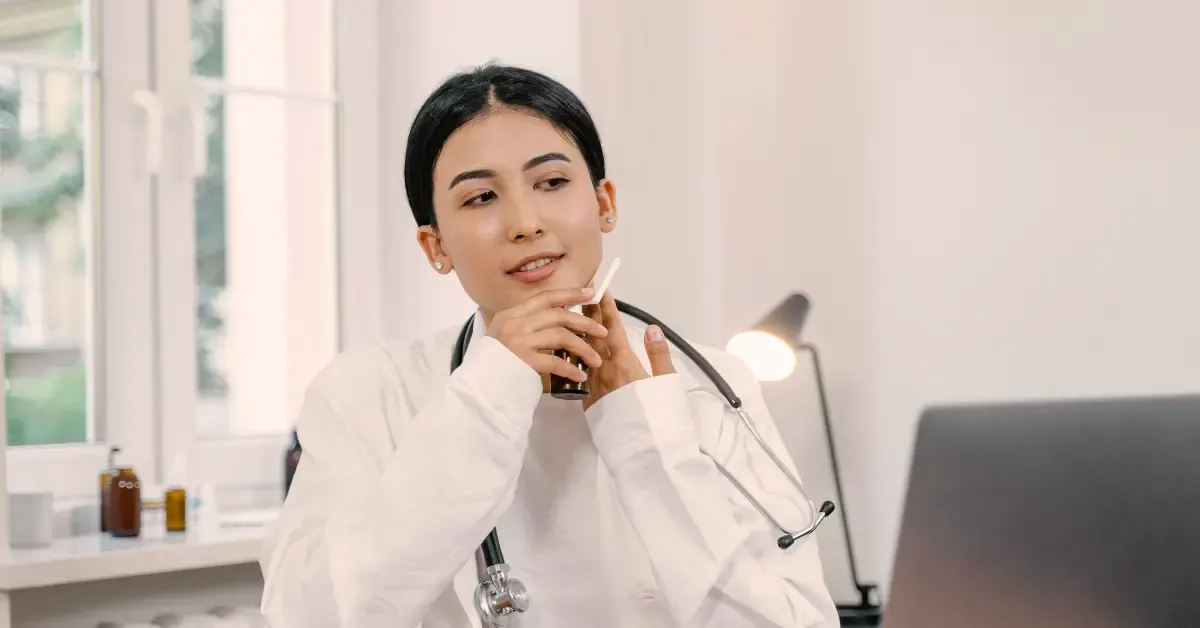Norovirus is a highly contagious virus that causes gastroenteritis, commonly referred to as the stomach flu. It spreads quickly, especially in places like schools, cruise ships, and nursing homes. If you've had a bout with nausea, vomiting, diarrhea, and stomach cramps, you’ve probably encountered this unpleasant bug. But don’t worry—there are effective ways to manage and treat the symptoms.
What is Norovirus?
Norovirus is a virus that can infect anyone. It’s known for spreading easily, particularly in crowded settings. A person can get infected by consuming contaminated food or water, touching surfaces with the virus, or coming into contact with an infected person. Symptoms usually appear within 12 to 48 hours after exposure.
Symptoms of Norovirus
The symptoms of norovirus are hard to miss. The most common signs include:
- Nausea and vomiting
- Diarrhea
- Stomach cramps
- Fever (sometimes)
- Headaches and body aches
Treatment for Norovirus: What You Can Do
- Stay Hydrated
One of the most important things to do when you have norovirus is to stay hydrated. Vomiting and diarrhea can quickly lead to dehydration, which can be dangerous. Drink plenty of fluids like:
- Water
- Clear broths
- Electrolyte solutions (such as sports drinks or oral rehydration solutions like Pedialyte)
Avoid sugary drinks and caffeine, as they can make dehydration worse.
- Eat Light, Bland Foods
Once vomiting subsides, you can start eating bland foods that are easy on the stomach. Some good options include:
- Bananas
- Rice
- Applesauce
- Toast
These foods are gentle on your digestive system and can help provide essential nutrients while your stomach recovers.
- Rest
Your body needs time to heal, so get plenty of rest. This will help your immune system fight off the virus and speed up recovery.
- Avoid Spreading the Virus
Norovirus is highly contagious. If you have it, avoid close contact with others. Wash your hands thoroughly with soap and water, especially after using the bathroom or before eating. Clean and disinfect surfaces in your home to prevent others from getting infected.
- Use Over-the-Counter Medications Cautiously
When to Seek Medical Help
Most people recover from norovirus on their own. However, some individuals may need medical attention, especially those at higher risk, such as:
- Young children
- Elderly adults
- People with weakened immune systems
If you notice any of the following signs, it’s important to contact a healthcare provider immediately:
- Signs of dehydration such as dry mouth, extreme thirst, or decreased urination
- Fever higher than 102°F (39°C)
- Severe abdominal pain
- Blood in stool or vomit
Preventing Norovirus
Prevention is key to avoiding the spread of norovirus. Here are some tips to help keep you and others safe:
- Wash your hands thoroughly with soap and water, especially after using the restroom and before eating or preparing food.
- Disinfect contaminated surfaces with a bleach-based cleaner. Focus on places like kitchen counters, doorknobs, and bathroom surfaces.
- Avoid contaminated food and water. If you’re traveling, make sure the water you drink is safe, and be cautious with food in crowded areas.
- Stay home if you're sick. If you have symptoms of norovirus, it’s best to stay at home and avoid contact with others to prevent spreading the virus.
How Long Does Norovirus Last?
The symptoms of norovirus typically last for 1 to 3 days. Most people feel better within this timeframe. However, it can take several days for your digestive system to fully recover. It’s important to give your body the time it needs to heal before returning to your normal routine.
Conclusion
While there’s no specific treatment for norovirus itself, managing the symptoms with hydration, rest, and proper care can help you recover quickly. If you're ever in doubt, or if symptoms worsen, it’s always a good idea to seek medical advice. By staying hydrated, resting, and practicing good hygiene, you can manage norovirus and prevent its spread. Keep these tips in mind, and you’ll be back to feeling better in no time!


.webp)
.png)
